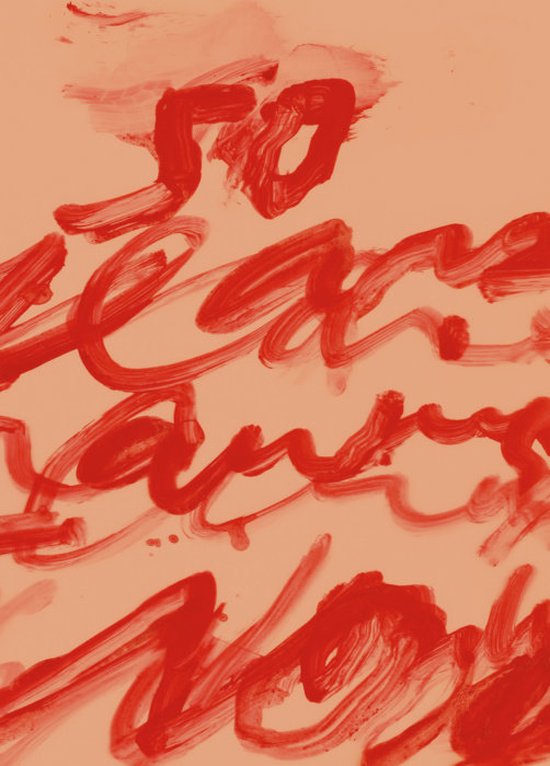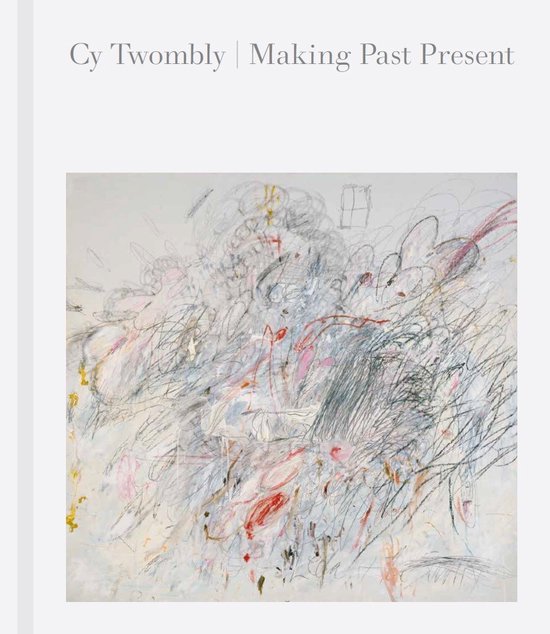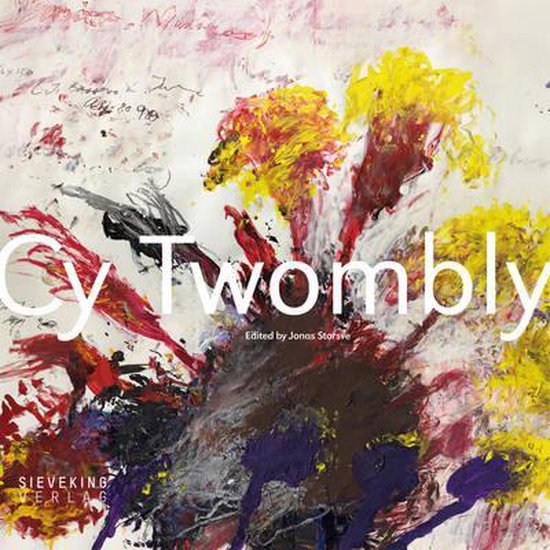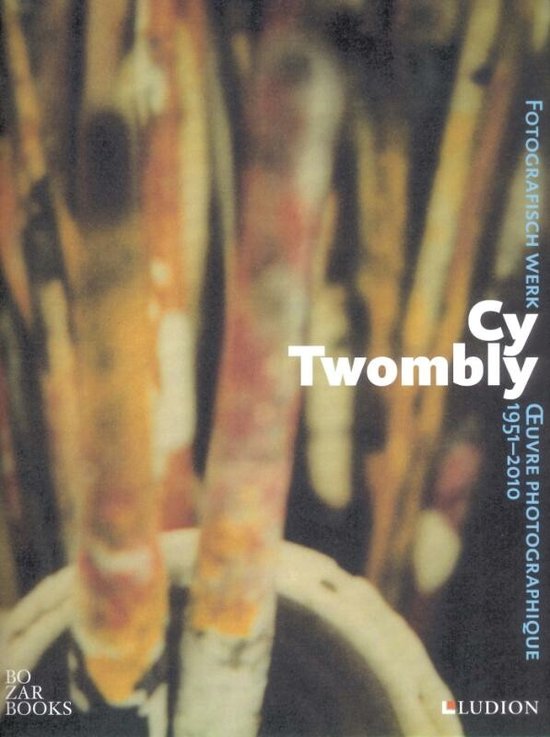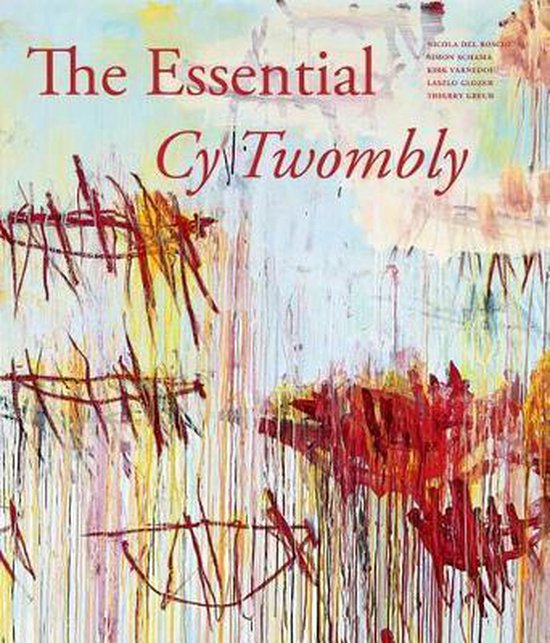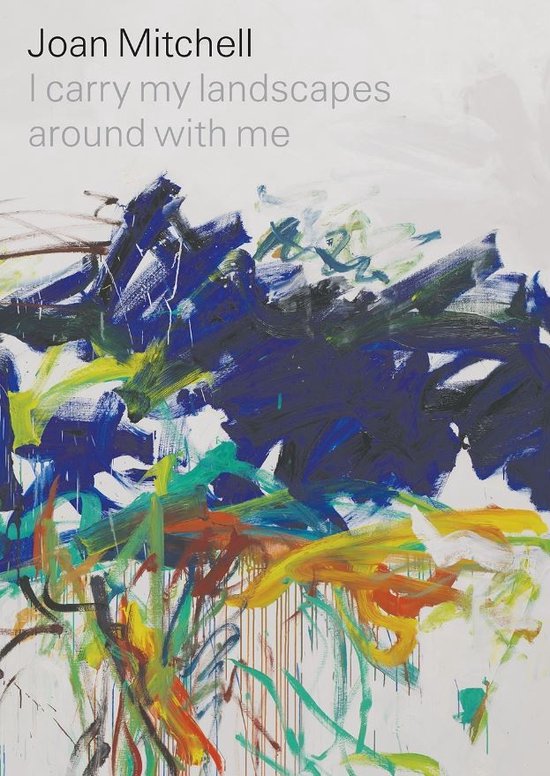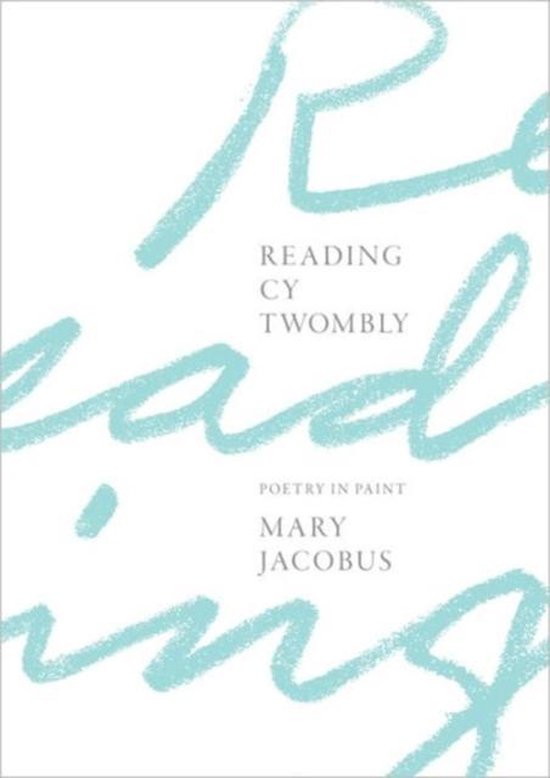
Reading Cy Twombly – Poetry in Paint
Many of Cy Twombly's paintings and drawings include handwritten words and phrases--naming or quoting poets ranging from Sappho, Homer, and Virgil to Mallarme, Rilke, and Cavafy. Enigmatic and sometimes hard to decipher, these inscriptions are a distinctive feature of his work. Reading Cy Twombly poses both literary and art historical questions. How
Many of Cy Twombly's paintings and drawings include handwritten words and phrases--naming or quoting poets ranging from Sappho, Homer, and Virgil to Mallarme, Rilke, and Cavafy. Enigmatic and sometimes hard to decipher, these inscriptions are a distinctive feature of his work. Reading Cy Twombly poses both literary and art historical questions. How does poetic reference in largely abstract works affect their interpretation? Reading Cy Twombly is the first book to focus specifically on the artist's use of poetry. Twombly's library formed an extension of his studio and he sometimes painted with a book open in front of him. Drawing on original research in an archive that includes his paint-stained and annotated books, Mary Jacobus's account--richly illustrated with more than 125 color and black-and-white images--unlocks an important aspect of Twombly's practice. Jacobus shows that poetry was an indispensable source of reference throughout Twombly's career; as he said, he "never really separated painting and literature." Among much else, she explores the influence of Ezra Pound and Charles Olson; Twombly's fondness for Greek pastoral poetry and Virgil's Eclogues; the inspiration of the Iliad and Ovid's Metamorphoses; and Twombly's love of Keats and his collaboration with Octavio Paz. Twombly's art reveals both his distinctive relationship to poetry and his use of quotation to solve formal problems. A modern painter, he belongs in a critical tradition that goes back, by way of Roland Barthes, to Baudelaire. Reading Cy Twombly opens up fascinating new readings of some of the most important paintings and drawings of the twentieth century.
Many of Cy Twombly's paintings and drawings include handwritten words and phrases--naming or quoting poets ranging from Sappho, Homer, and Virgil to Mallarme, Rilke, and Cavafy. Enigmatic and sometimes hard to decipher, these inscriptions are a distinctive feature of his work. Reading Cy Twombly poses both literary and art historical questions. How does poetic reference in largely abstract works affect their interpretation? Reading Cy Twombly is the first book to focus specifically on the artist's use of poetry. Twombly's library formed an extension of his studio and he sometimes painted with a book open in front of him. Drawing on original research in an archive that includes his paint-stained and annotated books, Mary Jacobus's account--richly illustrated with more than 125 color and black-and-white images--unlocks an important aspect of Twombly's practice. Jacobus shows that poetry was an indispensable source of reference throughout Twombly's career; as he said, he "never really separated painting and literature." Among much else, she explores the influence of Ezra Pound and Charles Olson; Twombly's fondness for Greek pastoral poetry and Virgil's Eclogues; the inspiration of the Iliad and Ovid's Metamorphoses; and Twombly's love of Keats and his collaboration with Octavio Paz. Twombly's art reveals both his distinctive relationship to poetry and his use of quotation to solve formal problems. A modern painter, he belongs in a critical tradition that goes back, by way of Roland Barthes, to Baudelaire. Reading Cy Twombly opens up fascinating new readings of some of the most important paintings and drawings of the twentieth century.
| Auteur | | Mary Jacobus |
| Taal | | Engels |
| Type | | Hardcover |
| Categorie | | Kunst & Fotografie |
